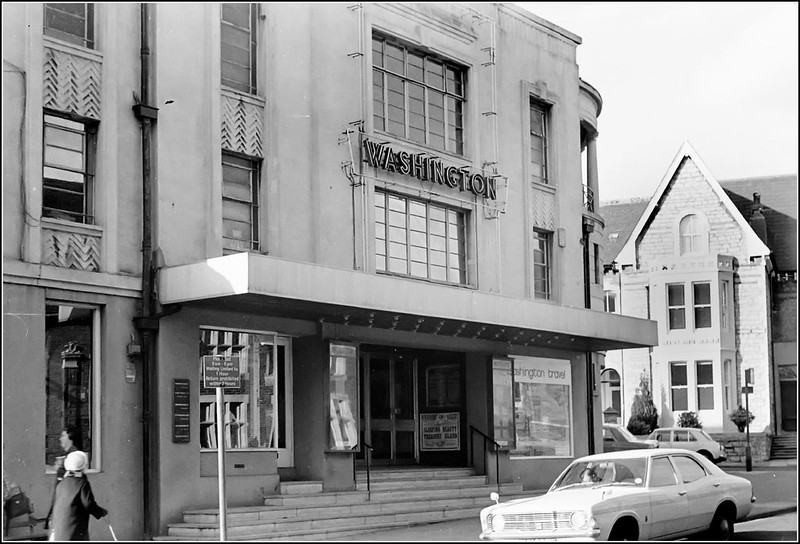It’s no secret that the British high street has changed massively in recent years. Activities that were once at the forefront of towns and city centres are now being enjoyed online. When thinking about the changing nature of our favourite games and activities, one stands out.
The popularity of bingo exploded in the 1960s. It was a game played by millions of people in halls and has retained this huge audience over the years. Let’s explore how it became so popular and why it has remained in the public consciousness.
The evolution of online bingo
Research has indicated that several million people play the game online. In the iGaming world, this puts bingo amongst the most popular activities alongside online versions of poker, roulette and slot machines. There’s also a huge number of places to play. Some like to play bingo at Paddy Power, a site that offers many variations on the classic formula. Age of the Gods Bingo, developed by Playtech, is one of the most interesting. It’s the same classic game you know and love, but with elements from the popular Age of the Gods brand. In addition to that, the likes of Paddy Power have popular mobile apps where you can play similar variations of the games.
Bingo on games consoles has also been an interesting development. You can play on any of the current games consoles, and the improving graphics give an accurate representation of those old and new bingo halls. It’s also a change of pace from the usual video games enjoyed on Xbox and PlayStation.
Despite this strong presence online, bingo is still a game held in halls and community centres across the UK. There’s plenty of evidence that the game is still a popular activity. In addition, some research has shown that the online game has helped open up the traditional version to new audiences.
 “The Washington Cinema” (Public Domain) by Capt’ Gorgeous
“The Washington Cinema” (Public Domain) by Capt’ Gorgeous
Will we ever see another bingo boom?
As we have already said, the rise of bingo in Britain dates back to the early 1960s. At the start of the decade, bingo halls were springing up in towns and cities across the UK and a multi-million-pound industry was born. Cinemas and theatres were turned into hustling and bustling bingo halls.
Another factor in this popularity was the community element. People would get together to play the game with thousands of others. The ability to compete against other players is something that developers of the online version have pushed to replicate.
Its ability to evolve will also make sure it remains within the public consciousness. It will be interesting to see the direction that it goes in next. Virtual Reality (VR) may well be the next step in bingo’s evolution. Whilst some experts have examined the positive impact it is having on the gaming industry, there is still a relatively small number of VR bingo games on the market. If this increases, we may see bingo’s popularity continue to brand out into the online sphere.




